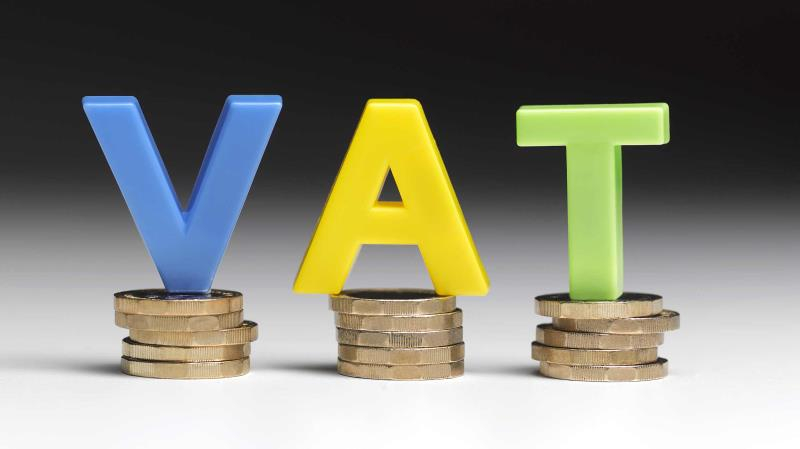Understanding Value Added Tax (Vat) In Nigeria: A Complete Guide For Small Businesses
March 27, 2024

Share this post:
Value Added Tax (VAT), also known as Sales Tax, is a consumption tax applied on products and services in Nigeria. It may also be defined as a tax on spending or consumption applied at each stage of the transaction but ultimately borne by the final consumer of such products and services.
What is VAT (Value Added Tax)?
Value Added Tax (VAT) is an indirect tax levied on the value added at each stage of the manufacturing and distribution chain. The VT tax is added by the businesses to the price of goods and services they offer. The final consumer bears the cost, yet the businesses/companies collect and pay it to the government.
The Value Added Tax Act delegated VAT administration to the Federal Inland Revenue Service (FIRS), which serves as a Federal Tax Agency.
Importance of VAT
VAT is a key source of revenue for the Nigerian government, helping to fund national development and infrastructure initiatives. It also reduces dependency on oil revenue and increases economic stability.
VAT Rates & Exemptions
Under section 4 of the VAT Act, the standard VAT rate in Nigeria is 7.5% on all goods and services. However, some goods and services may be excluded or zero-rated. Examples of these exempted items are:
– Medical services and pharmaceutical products
– Agricultural produce and equipment
– Baby products
– Services rendered by certain banks and mortgage institutions
– Books and educational materials
– Exported services
– Public road transport service, vehicles, and spare parts
– Tuition for elementary, secondary, and higher education
VAT Registration
Businesses having an annual turnover that exceeds the threshold set by the Federal Inland Revenue Service (FIRS) must register for VAT. This threshold is set at an annual turnover of ₦25 million.
However, you can register voluntarily even if your turnover is below the threshold. Whether you register voluntarily or mandatorily, it will be beneficial because it enables you to claim input VAT credits on your business expenses.
To register for VAT, you can follow this step-by-step process:
- Obtain a Taxpayer Identification Number (TIN) from the FIRS.
- Put together the necessary documents. These include a copy of your company’s Certificate of Incorporation or your business’s Registration Document, a copy of the Memorandum and Articles of Association (if it is a company), proof of business address, and bank account details.
- Fill out the VAT Registration Form with accurate information. You can obtain the form from the FIRS website or their office.
- Submit your completed application together with the necessary documents.
- Verification and VAT Certificate Issuance. Your application, together with the submitted documents, will undergo verification. After a successful review, the FIRS will issue your business a VAT Registration Certificate.
VAT Compliance
VAT Certified Businesses have obligations they must fulfill. These responsibilities include:
- Collecting VAT on taxable supplies,
- Issuing VAT invoices to customers,
- Filling VAT returns with the FIRS,
- Remitting VAT to the FIRS within the time limits.
- Maintaining accurate records of all VAT transactions and remittances.
It is important to note that non-compliance might lead to sanctions and legal repercussions.
Conclusion
The Value Added Tax (VAT) is an important part of Nigeria’s tax system, contributing to government income and economic growth. Businesses must understand their VAT duties, follow the rules, and integrate VAT concerns into their pricing and operations.
By staying up to date about VAT legislation and practices, businesses may efficiently handle their tax liabilities while also contributing to Nigeria’s growth and development.
Share this post:
Get insights into your financial health
Know what you’re spending on, what you should cut back on and how much you should save to stay on top of your bills.


